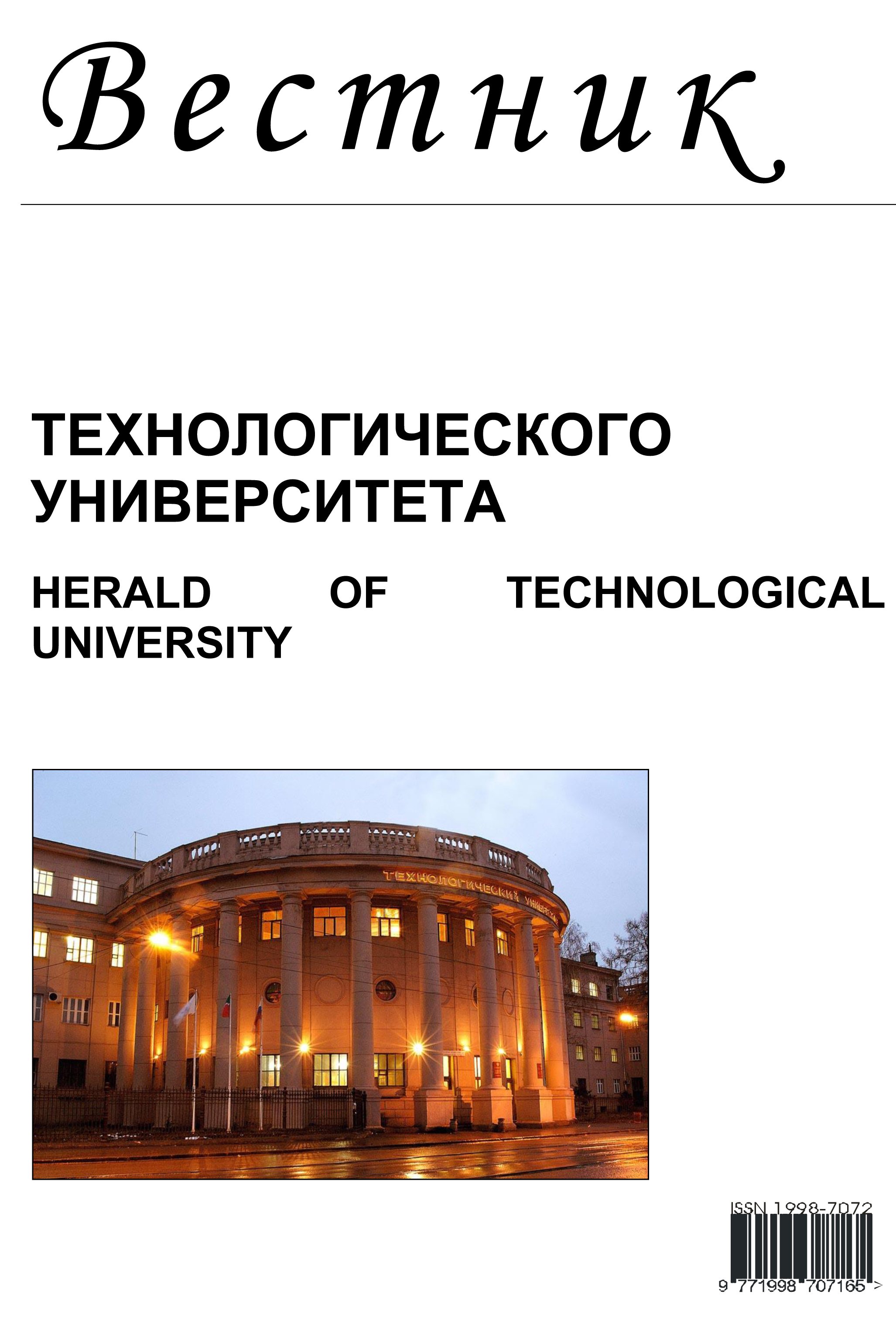Soil microorganisms are capable to modify soil resources of the environment via enzymatic hydrolysis. There are microorganisms that can convert phosphorus in plant-available state by dissolving the inorganic phosphates or mineralization of organic phosphorus. Studies using magnetiс nanoparticles revealed that nanomaterials don’t effect on the viability, growth profile, the basic physiological and biochemical properties of bacillary cells. Immobilized bacteria retain the ability to break soil hard compounds but magnetization effects on the morphology of the cells and colonies.
фосфор, почва, магнетизация, бациллы, phosphorus, soil, magnetization, bacillus
1. V.F. Val'kov, Sh. Kazeev, S. I. Kolesnikov, Pochvovedenie: uchebnik dlya bakalavrov. Izdatel'stvo Yurayt, Moskva, 2012. C. 527.
2. A.I. Hisamova, N.A. Yugina, E.O. Mihaylova, M.V. Shulaev, Vestnik Kazanskogo tehnologicheskogo universiteta, 16, 10, 201-203 (2013).
3. Z. Dayi, R. Fakhrullin, M. Özmen, H. Wang, J. Wang, V.N. Paunov, G. Li, W.E. Huang, Microbial Biotechnology, 4, 89-97 (2011).
4. R. Greiner, A.E. Farouk, Protein J, 26, 467-474 (2007).
5. I. Jakobsen, M.E. Leggett, A.E. Richardson, Agronomy, 46, 437-494 (2005).
6. V. Kumar, P. Singh, M.A. Jorquera, P. Sangwan, P. Kumar, A.K. Verma, S. Agrawal, World J Microbiol Biotechnol, 29, 1361-1369 (2013).
7. X.G. Lei, J.M. Porres, E.J. Mullaney, H.B. Pedersen, J. Polaina, A.P. Maccabe, Industrial Enzymes, 505-529 (2007).
8. J. Sambrook, D.W. Russell, Molecular Cloning - a laboratory manual. Cold Spring Harbor Laboratory Press, NY, 2001, 2344 p.









